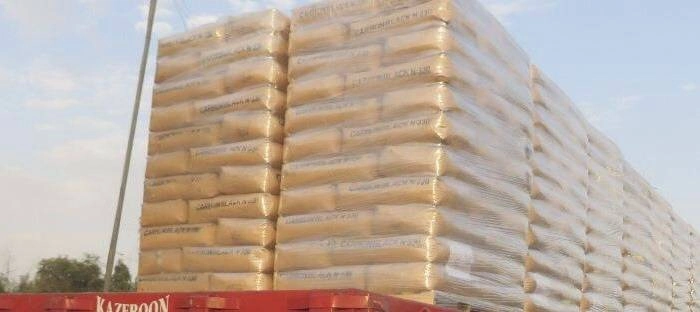
What is carbon black N330
Carbon black N330 is a material produced by incomplete combustion of heavy petroleum products such as FCC tar, coal tar or ethylene cracking tar.
Indeed, N330 is a paracrystalline form of carbon, possessing a high surface area to volume ratio, albeit lower than that of activated carbon. Furthermore, Carbon black N330 differs from drying due to its significantly higher surface area to volume ratio and markedly lower polycyclic aromatic hydrocarbon (PAH) content. Additionally, these distinctions make N330 a preferred choice in various industrial applications. Moreover, its unique properties contribute to its widespread use across different sectors.
Usage of black N330
Moreover, the usage of black N330 is widespread across various industries. Additionally, carbon black N330 serves as a color pigment in plastics, paints, and inks. Furthermore, it is extensively utilized in the paint and ink, plastic, and other industries. Additionally, it serves as a model compound for diesel soot in diesel oxidation experiments. In fact, black N330 is the most commonly used variant, accounting for 70% of its applications. Furthermore, it acts as both a pigment and a strengthening agent in various industrial processes.
Moreover, Carbon N330‘s high tinting strength and stability have also rendered it useful for coloring resins and films. Additionally, it can be employed as a food coloring agent and as an electrical conductive material in lithium-ion batteries. Furthermore, its versatile properties make it a preferred choice across various industrial applications. Additionally, its stability and reliability further enhance its suitability for diverse usage scenarios.
Packing’s carbon N330
Packing in double layer Kraft paper-PE envelopes( 20-25 kg)
| Grad | Bag weight(kg) | Pallet weight(kg) | Volume per 40 FCL |
| N-330 | 22 | 1,210 | 19.360 |
The product in Bulk jumbo packing-double valve ,PP-PE(1,100kg)
| Grade | Bag Weight(kg) | Pallet Weight(kg) | Volume per40 FCL |
| N-330 | 1,100 | 1,100 | 22,000 |
How we are shipping the carbons
Depending on the grade of carbon, we carry and load it accordingly. Furthermore, according to the transportation requirements of the buyer’s country, the method of loading carbon black varies. Typically, this involves using 40-foot containers, wherein each container accommodates a varying quantity of carbon black, ranging from at least 15,489 to at least 22, depending on the grade of carbon black and the type of packaging. Additionally, these logistical considerations ensure efficient and tailored transportation solutions for our customers. Moreover, our flexible approach to loading and shipping caters to diverse customer needs across different markets.
Properties and analysis of carbon N330
| Specification | Value |
| Appearance | Black granular |
| Iodine absorptions, g/kg | 77-87 |
| CATB absorptive specific surface area, 103 m2/kg | 77-87 |
| DBP absorption, 10-5 m3/kg | 97-107 |
| Absorptive specific surface area, 103 m2/kg | 78-88 |
| Tinting strength, % | 98-108 |
| Compressed sample DBP absorption, 10-5 m3/kg | 83-93 |
| Heat loss, % | 2.5 max. |
| Ash, % | 0.5 max. |
| Residue on 45µm sieve, % | 0.1 max. |
| Residue on 500µm sieve, % | 0.001 max. |
| 300% modulus at a definite elongation, MPa | -2.0-0. |
A: Carbon Black N330 is a furnace-black grade produced via controlled incomplete combustion of hydrocarbon feedstock (such as tar or oil), resulting in a paracrystalline carbon material with high surface area and reinforcement potential.
A: Typical specifications include an iodine absorption number around 82 g/kg, DBP oil absorption number around 102 cm³/100 g, ash content less than 0.45%, sieve residue on 45µm less than 0.02%, and bulk density around 330 kg/m³.
A: It is widely used in rubber applications (tires, belts, hoses) for reinforcement and abrasion resistance, as well as in plastics, inks, coatings and electrical components as a pigment and conductive filler.